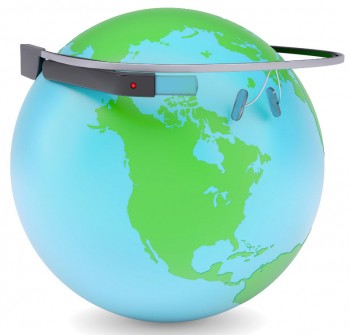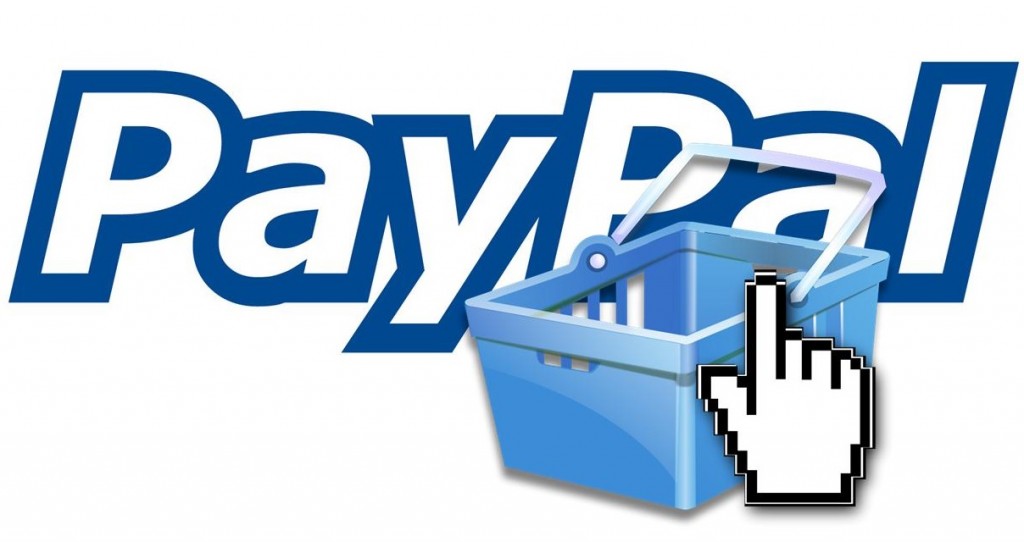Google Glass is an incredible concept –
the promise of true augmented reality that can be worn seamlessly on our faces and that will then provide us with live, updated information of the world around us as and when we need it. The way the device works is simple – it picks up information about the world around you using a built-in-camera, and then displays this information on a tiny screen suspended just in the periphery so that we can see it when necessary. At the same time the device will be listening for voice commands as well as gesture controls at the side of the device. This way it can then display directions to help us get to wherever we need to be, it can bring up the results of a quick Google Search, and it record footage of whatever the wearer is seeing.
The possible applications are almost endless, and the implications are truly exciting. But then there’s no guarantee that Google Glass will take off and prove to be the hit we all want it to be. The Oculus Rift (a VR headset) was recently released to developers and has quickly generated a huge buzz as well as a lot of exciting software. On the other hand though, the Leap Motion controller which was initially announced to mass enthusiasm has ended up being something of a disappointment as developer support just failed to emerge and firmware bugs rendered it not quite the amazing device it could have been.
So the question is, how can Google make sure that their glass project becomes a hit in the vain of the Oculus rather than a disappointment?
Get the Developers on Board
For starters, Google need to make sure that developers are behind their product from day one. The smartphone industry has shown us just what a huge difference this can make – with mobile ecosystems living and dying on the number of apps they have.
There’s no way that Google can envisage every possible use for their device, but put it in the hands of developers and pretty soon you will begin to see creative uses springing up and that all-important ‘killer app’ will be only a matter of time.
How do Google ensure developer support? First it means supporting those developers – by providing the best possible SDK and instructions with regular updates and lots of communication. At the same time it means rewarding development – currently all apps on Glass are free downloads which does little to entice creative who want to earn a little money. It also means making sure not to implement too many restrictions – allowing developers to access as much of the device as possible to really get every possible use out of it.
Have a Smart Strategy
For many, the idea of Google Glass is going to be a hard sell. Glass has obvious appeal to early adopters, but the average Joe is hardly going to want to wear something so borg-looking in public and risk being the subject of ridicule.
Thus Google are going to need to have a smart marketing campaign and strategy in place in order to see mass adoption. This might mean targeting those early adopter types and those developers in a very direct way to make sure that there’s an elite ‘core’ of users with the devices. This will instantly make Glass more desirable and fashionable, and you will start to see more people wearing them as a result until they become commonplace.
At the same time Google should do everything they can to try and promote the core ideas behind Glass so that people know what they’re seeing and start to get used to it.
Make it Practical
There are a few practical challenges that Google need to overcome if they want to make Glass ‘must have’. For one, battery life could be a deal breaker so that’s something that should be increased as soon as possible. At the same time it’s also important that Google find a way to give Glass its own connection soon rather than relying on wireless tethering – something that not everyone is familiar or comfortable with and that is as such always going to be restrictive.
These are just some of the challenges that Google need to face if they’re going to make a hit of Google Glass. Let’s just hope they manage it, because the promise for something spectacular is definitely there…
Author Bio
The author of this post, Nancy Baker, is a freelance blogger who is currently writing for Papersavers, providers of leading shredder services in Toronto. An audiophile, Nancy likes to listen to artists and music from different genres. You can also follow her on Twitter @Nancy Baker.

 PayPal recently acquired Braintree
PayPal recently acquired Braintree 